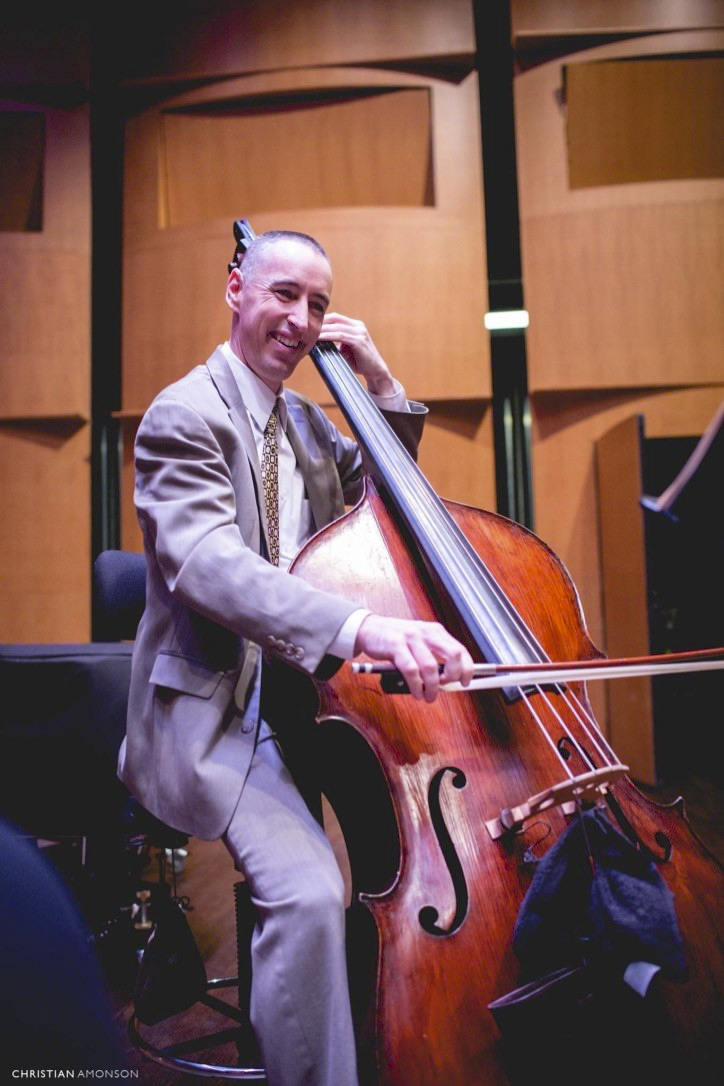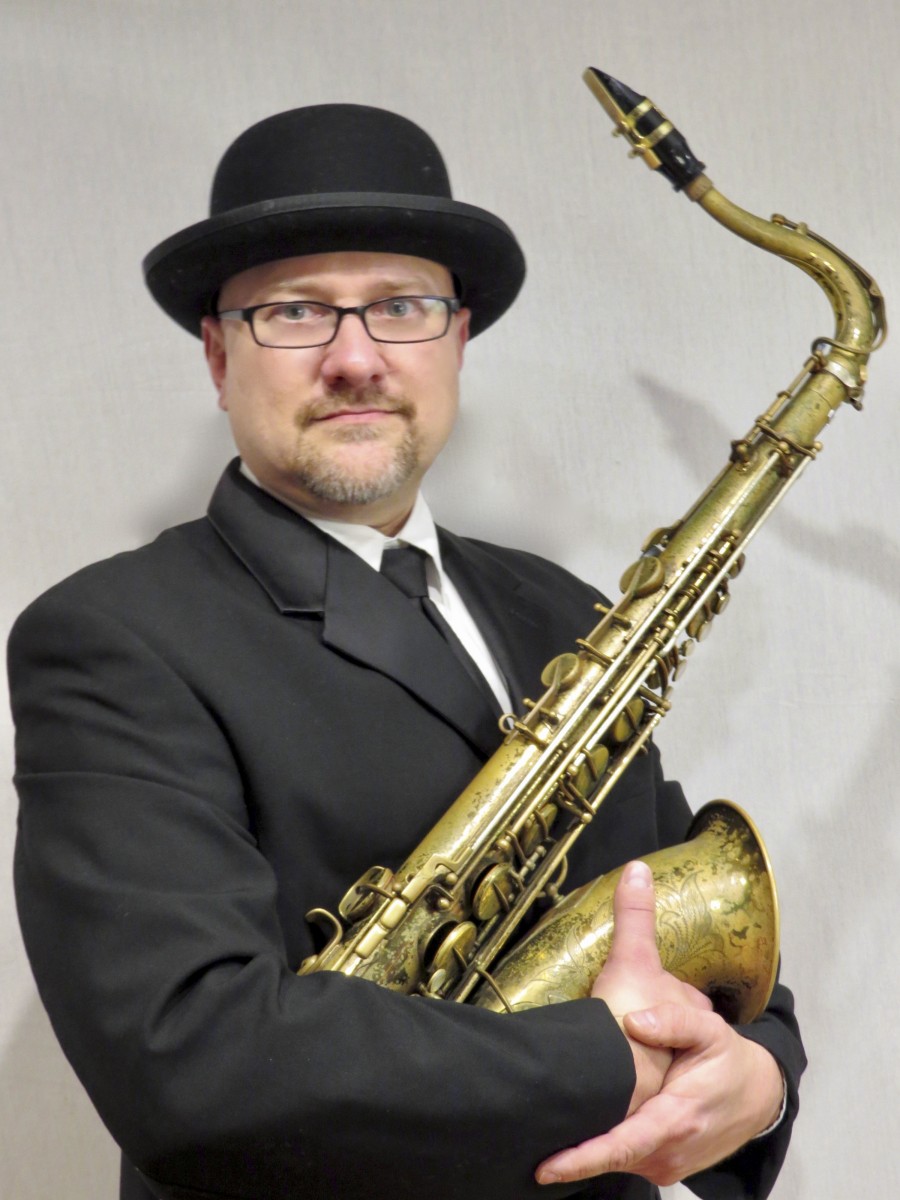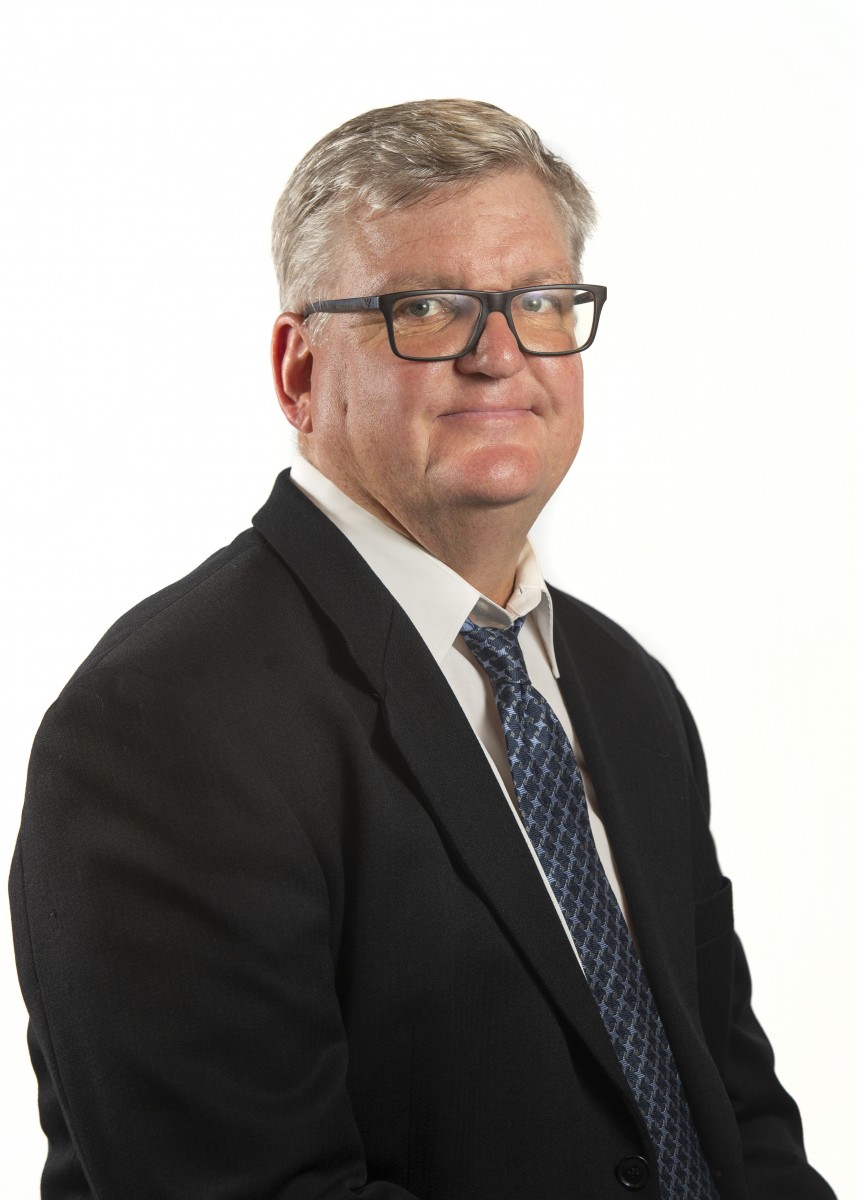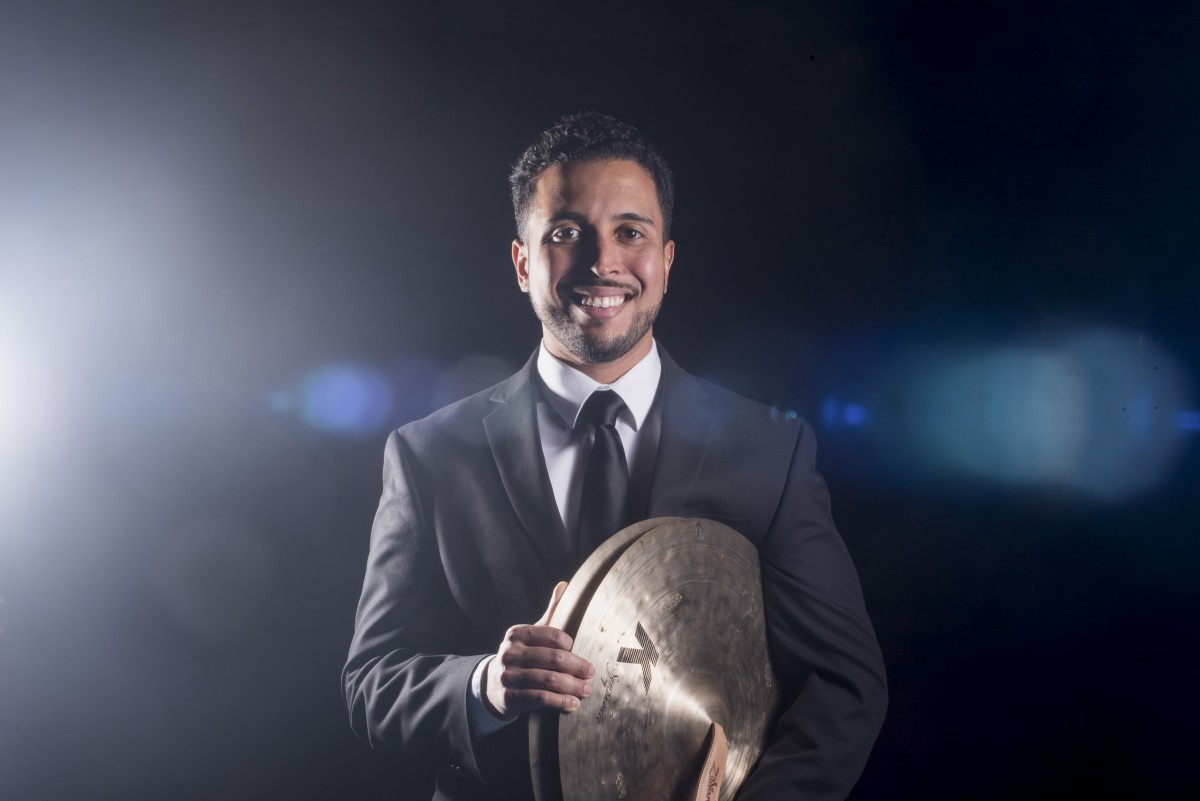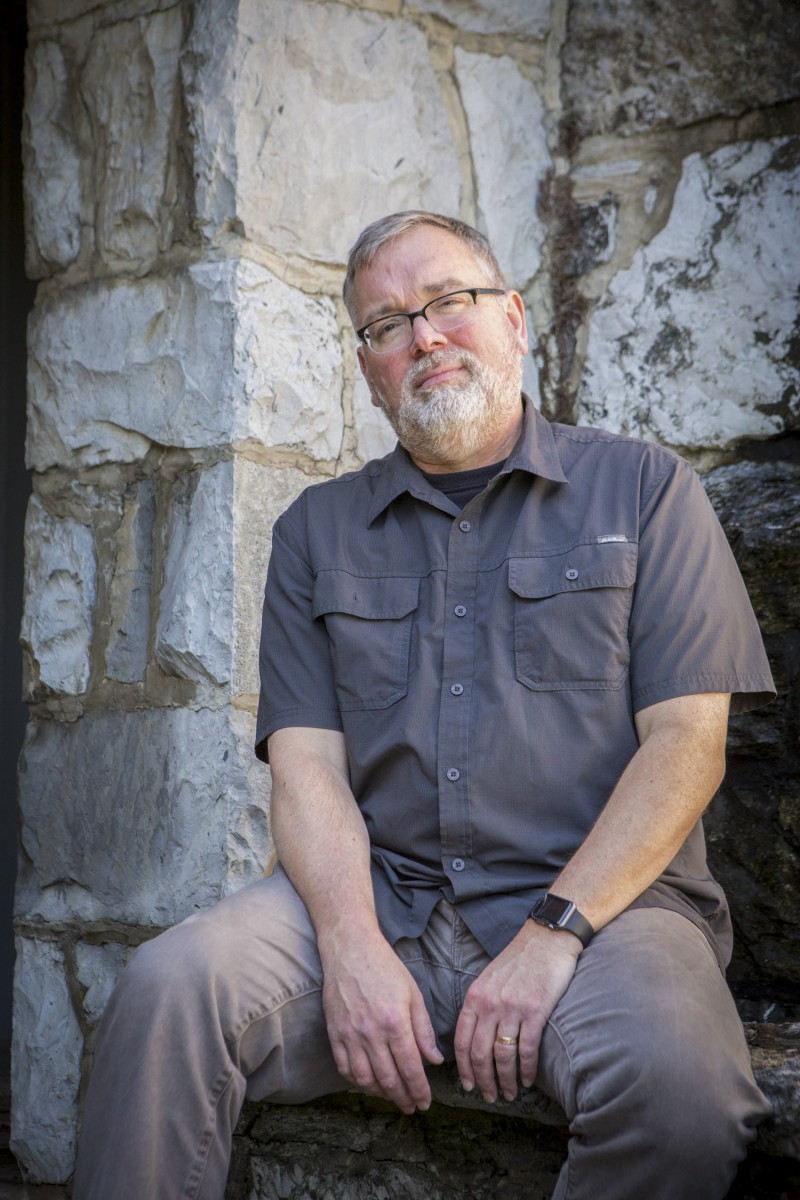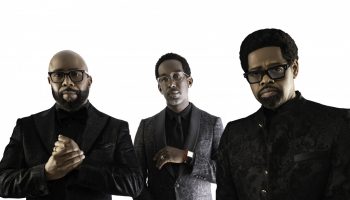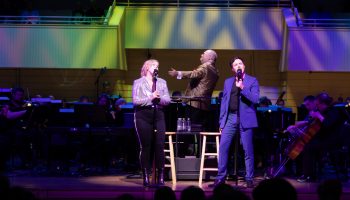Chamber music and saxophones don’t often go hand-in-hand at Chautauqua, but RHYTHMSMYTH isn’t the average chamber ensemble.
The RHYTHMSMYTH Jazz Quintet will perform several jazz arrangements of classical pieces at 4 p.m. Saturday in Elizabeth S. Lenna Hall. All the pieces were written by band founder and multi-instrumentalist Jeffrey Scot Wills. Also in the group are Chautauqua Symphony Orchestra principal percussionist Brian Kushmaul, CSO percussionist Pedro Fernandez, bassist Eric Sabo and pianist Tony Nalker. This is the seventh concert in the Chautauqua Chamber Music Resident Artist Series.
Wills created RHYTHMSMYTH to give a unifying name to his various ensemble projects; he has played with Kushmaul and Sabo as part of this group before, but Saturday’s concert will be the first time this particular group of five will play together publicly.
“They are world-class musicians,” Wills said. “And what they bring to the table is musical ideas and inspiration that I wouldn’t bring to it myself, so they elevate it just by the fact that they’re there.”
On the program for the evening are seven pieces, all composed by Wills and inspired by well-known classical pieces: “Uncommon Men,” based on Aaron Copland’s “Fanfare for the Common Man”; “Coronation,” based on William Walton’s “Crown Imperial”; “Bolerias,” based on Maurice Ravel’s “Boléro”; “Rites of Spring,” based on Igor Stravinsky’s “Rite of Spring,” Copland’s “Appalachian Spring” and Antonio Vivaldi’s “Spring” from his Four Seasons Suite; “To the Nines,” based on the ninth symphonies of Ludwig van Beethoven and others; “The Bogytar Gates,” based on Modest Mussorgsky’s “Pictures at an Exhibition”; and “201812,” based on Pyotr Tchaikovsky’s 1812 Overture.
The adaptation of these classical pieces into a jazz context is a project that Wills has been undertaking for nearly a decade. He began with “Uncommon Men” and branched out from there to other famous pieces he wanted to work with.
“Divine inspiration is responsible for what you’re going to hear,” Wills said, “because sometimes there’s just no explaining how an idea comes to you. … Rather than feeling like you’re writing something, you almost feel like you’re transcribing it.”
Of all the pieces on the program, Wills finds “Rites of Spring” to be one of the most interesting, since it is a rearrangement of three separate, very different and distinct works.
“You have three things that don’t necessarily want to play well together, and yet they share this commonality of having ‘spring’ in the title,” Wills said. “There are times when they are being woven together in a medley fashion, and there are times when they are playing simultaneously on top of each other, and they work together quite well.”
“To the Nines” is also a standout piece, in that it is inspired by the infamous “Curse of the Nines,” regarding a number of famous composers — including Beethoven — who died upon completion of or while composing their ninth symphonies. The piece also plays around with Hebrew numerology, something that has long fascinated Wills; it makes liberal use of unusual time signatures involving numbers often used in the Bible like three, seven and, fittingly, nine.
“Nine is three times three, and so it’s one of the holy numbers which keeps returning again and again and again throughout the music,” Wills said.
Unlike classical orchestral performances, there is no way to know exactly what the pieces will sound like, since the nature of jazz is very improvisatory — in each piece, the members of the band will take the music in spur-of-the-moment directions that have not been done before and won’t be replicated again.
“When we begin to improvise, we are composing on the spot before your very eyes,” Wills said. “It is truly a one-time thing; it’s going to get composed that way one time, and if we were to play it again immediately after, it would sound different — it would become a different piece.”
In general, jazz doesn’t have a large presence at Chautauqua, so this concert is a rare opportunity for Chautauquans to witness the genre in action. With its roots in blues, spirituals and the streets of New Orleans, jazz is one of the few purely American genres of music — an interesting departure from the primarily European compositions commonly played on the grounds.


